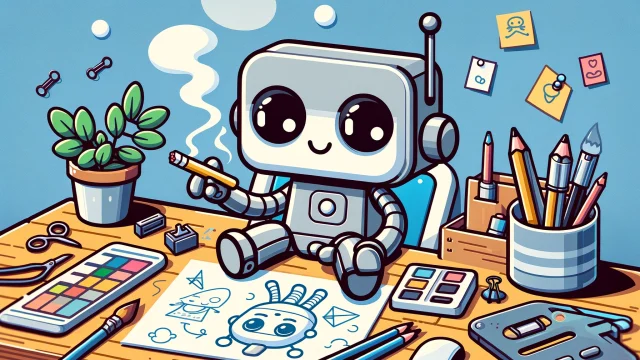Exploring the Gods of Dragon Ball: Their Roles, Powers, and Significance
The world of Dragon Ball has expanded far beyond martial arts tournaments and intergalactic battles. One of the most captivating additions to its lore is the introduction of the gods—divine beings who oversee various aspects of the multiverse. From the Gods of Destruction to the Supreme Kais, these deities play vital roles in shaping the series’ narrative, offering a blend of power, philosophy, and cosmic balance.
The Hierarchy of Gods in Dragon Ball
The gods in Dragon Ball operate within a structured hierarchy, each with unique responsibilities. Below is an overview of the primary categories of gods featured in the series:
Supreme Kais (Gods of Creation)
Supreme Kais, also known as the Gods of Creation, are responsible for fostering life and creating planets. Each universe has its own Supreme Kai, who works closely with their respective God of Destruction to maintain balance.
Key traits of Supreme Kais:
- Creativity: They have the ability to create and nurture life across the universe.
- Leadership: They act as the spiritual leaders of their universes, guiding mortals and maintaining peace.
- Limited Combat Strength: While powerful, Supreme Kais are not as physically dominant as the Gods of Destruction.
Gods of Destruction
The Gods of Destruction serve as the counterbalance to the Supreme Kais. Their duty is to eliminate threats that disrupt the natural order, whether it be a rogue civilization or an unstable planet. Each God of Destruction is paired with an Angel attendant who acts as a mentor and guide.
Key traits of Gods of Destruction:
- Hakai (Destruction): Their signature ability allows them to erase anything from existence.
- Immense Power: They possess godly ki, making them some of the strongest beings in the multiverse.
- Complex Personalities: From Beerus’ laid-back but volatile demeanor to Belmod’s stoic approach, each God of Destruction is unique.
Zeno (The Omni-King)
At the apex of the divine hierarchy is Zeno, the Omni-King. Zeno oversees all universes and possesses the power to erase entire realities with a simple gesture. Despite his childlike appearance and demeanor, Zeno’s authority is absolute, and even the Gods of Destruction bow before him.
Key traits of Zeno:
- Ultimate Authority: He can eliminate universes without consequence or opposition.
- Innocence: His playful nature contrasts sharply with his immense power, adding an air of unpredictability.
Angels
Angels serve as attendants and mentors to the Gods of Destruction. They are neutral entities who do not interfere directly with mortal affairs unless required. Angels like Whis (Universe 7) are known for their wisdom, calm demeanor, and extraordinary combat skills.
Key Moments Featuring the Gods in Dragon Ball
The inclusion of gods in Dragon Ball has added depth to the series’ narrative. Some of the most memorable moments include:
The Introduction of Beerus
The arrival of Beerus, Universe 7’s God of Destruction, in Dragon Ball Z: Battle of Gods marked a turning point for the franchise. His search for the Super Saiyan God set the stage for Dragon Ball Super and introduced viewers to the concept of divine ki.
The Tournament of Power
The Tournament of Power, organized by Zeno, brought together mortals and gods from multiple universes. This arc showcased the dynamics between gods, particularly the tension between Gods of Destruction and their universes’ survival.
The Battle with Fused Zamasu
In the Future Trunks Saga, Zamasu’s descent into villainy as a rogue Kai brought a theological dimension to the conflict. His fusion with Goku Black created a god-like being whose ideology challenged the series’ protagonists on both physical and moral levels.
The Philosophical Themes of Dragon Ball‘s Gods
The gods in Dragon Ball embody themes of balance, responsibility, and morality. For instance:
- Balance: The interplay between creation (Supreme Kais) and destruction (Gods of Destruction) mirrors the yin-yang philosophy.
- Responsibility: Characters like Beerus show that even gods are bound by rules and expectations.
- Morality: Zamasu’s arc explores the dangers of unchecked power and the corruption of divine ideals.
Legacy and Popularity of the Gods in Dragon Ball
The gods have become a cornerstone of the Dragon Ball franchise, enriching its mythology and providing opportunities for character growth. Their unique designs, diverse personalities, and immense power have made them iconic figures in anime culture. From the comedic interactions of Beerus and Whis to the awe-inspiring authority of Zeno, the gods of Dragon Ball continue to captivate audiences worldwide.
The divine hierarchy introduced in Dragon Ball adds a layer of depth and complexity to the series, proving that the franchise can seamlessly blend action with philosophical storytelling.

